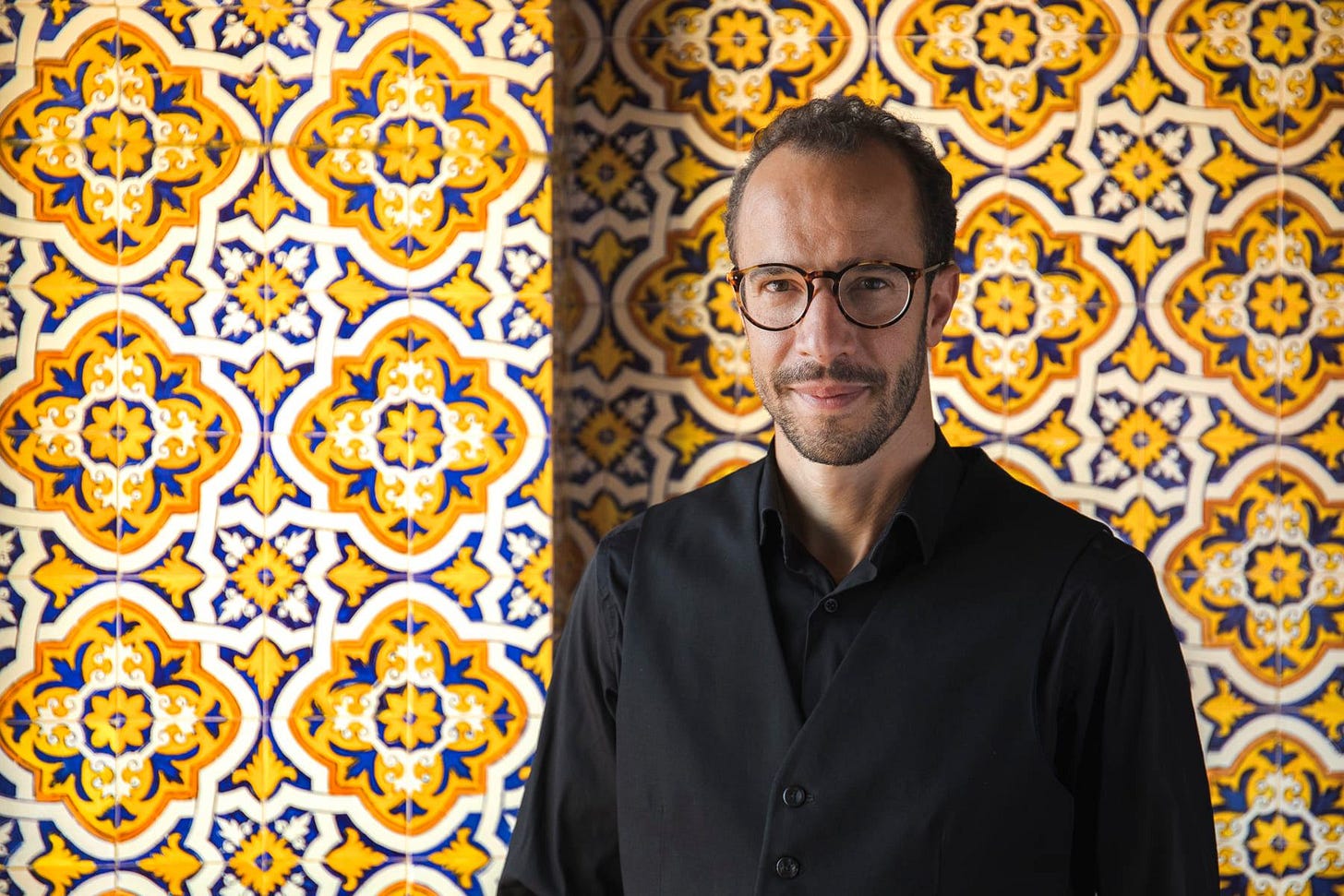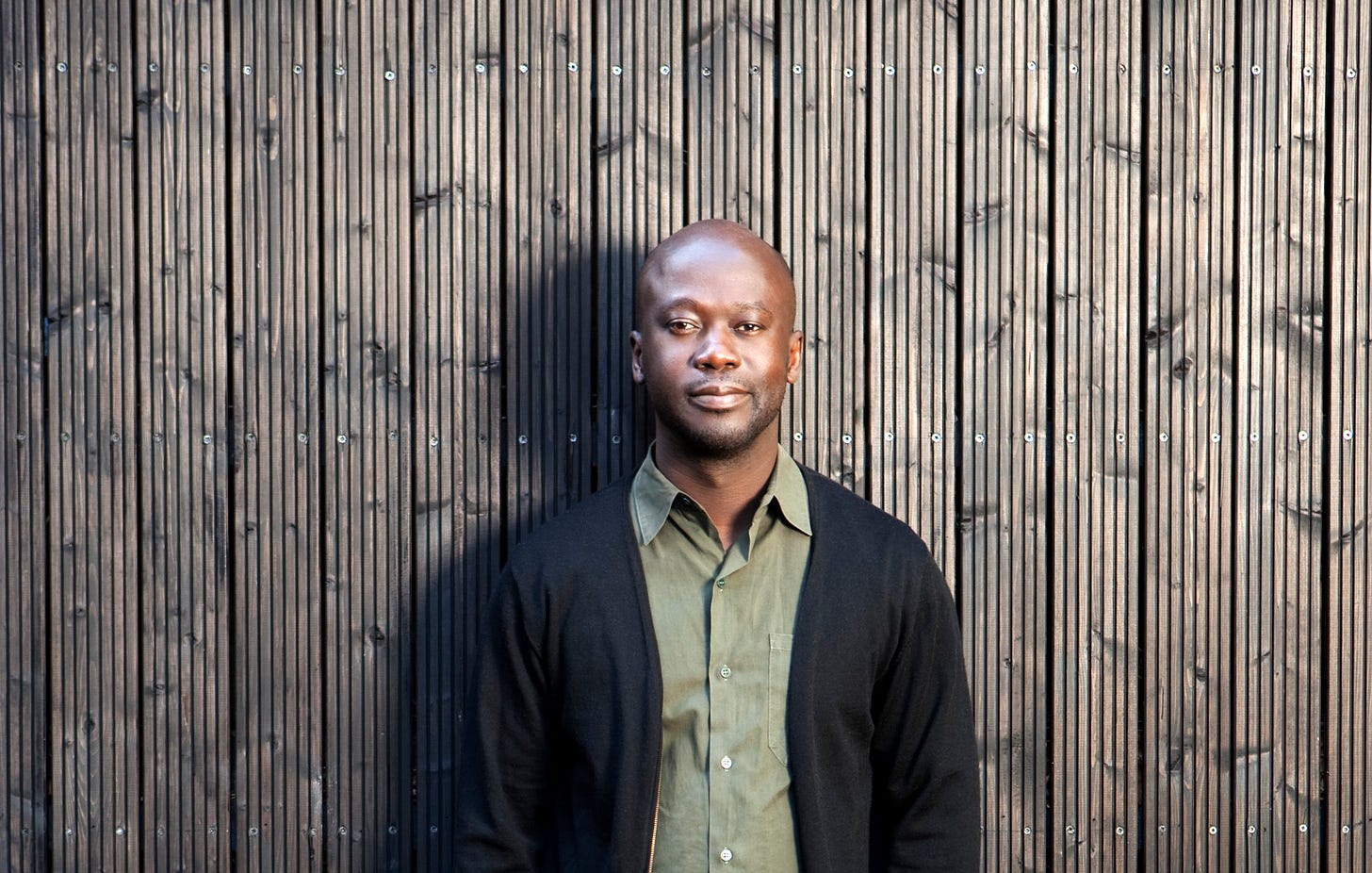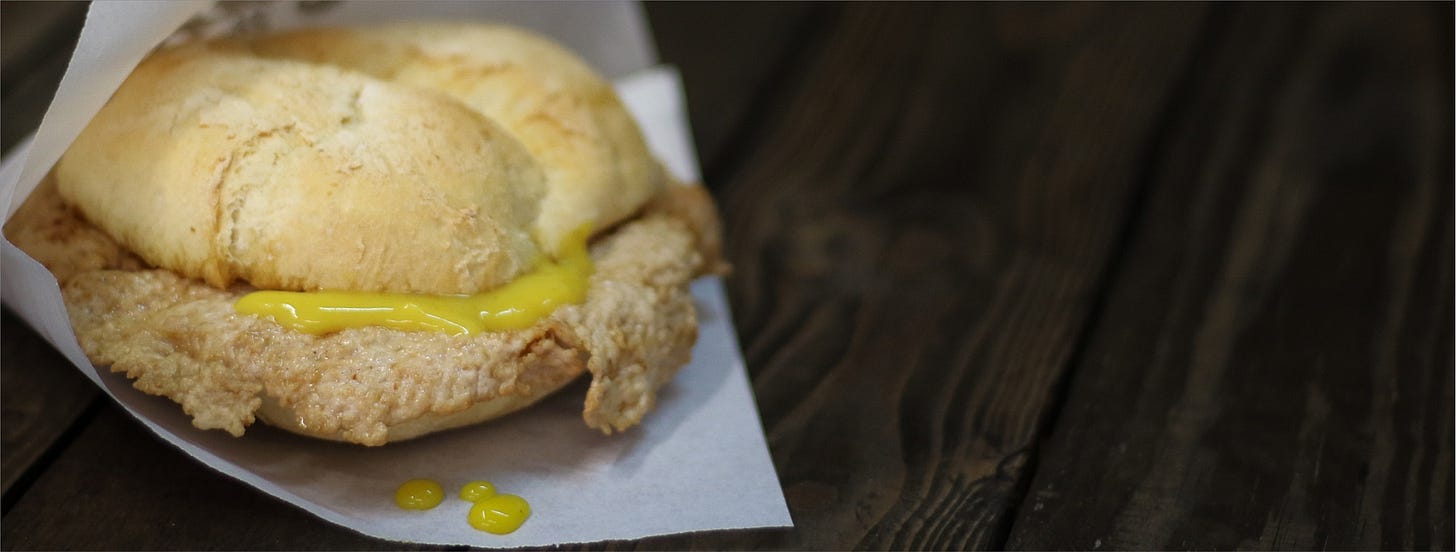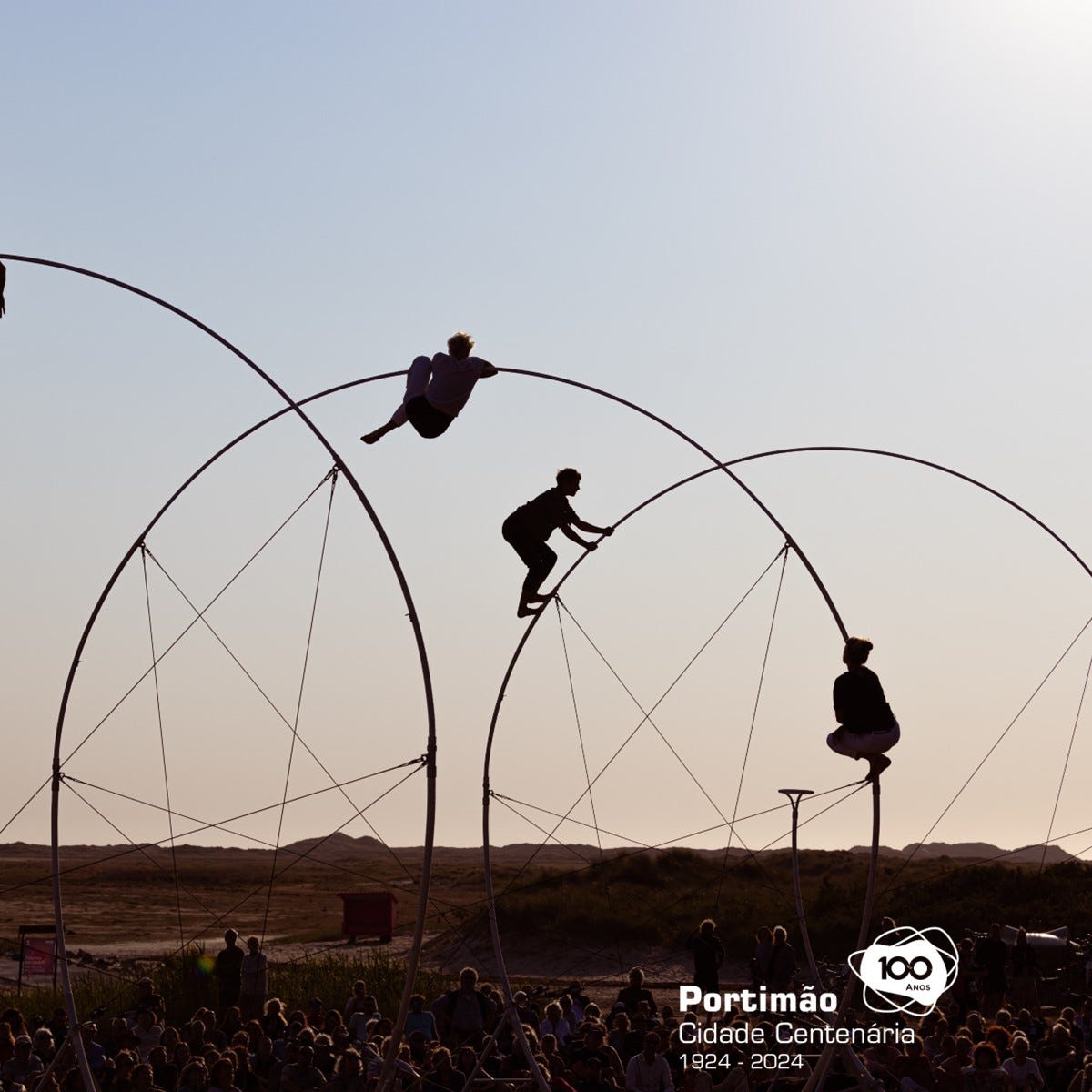Friday Briefing: Shaken, not stirred
Good morning and welcome to PORTUGAL DECODED. Monday's earthquake - the strongest in 55 years - was yet another stark warning: Portugal needs to get serious about earthquake preparedness.
TALK OF THE TOWN

POLITICS
The Government appointed Maria Luís Albuquerque, the Finance Minister who oversaw the last years of Portugal’s bailout program (2013-15), to be part of Ursula von der Leyen’s second team of EU commissioners (More).
One of PM’s Montenegro’s closest allies said that he wouldn’t be able to pick between Kamala Harris and Donald Trump if he were a US voter. Later, the leader of the Communist Party said that he wouldn’t pick either of the candidates (More).
SOCIETY
President Marcelo rejected Chega’s call for a referendum on immigration, stressing the need to see “the difference between reality and the discourses and narratives” on this issue (More).
The Crimean–Congo Haemorrhagic Fever (CCHF) - a viral disease spread through ticks - claimed its first victim in Portugal: an 80-year-old man in Bragança. Authorities say this is “a rare and sporadic” case (More).
ECONOMICS
Some Lisbon restaurants are charging foreigner costumers more than their Portuguese counterparts, an Expresso investigation revealed. Lawyers stress that the practice is illegal (More).
The Quinta do Lago urbanisation in the Algarve and Rua Garret in Lisbon lead the ranking of the most expensive streets in the country. Cascais has five of the ten most expensive streets in Portugal (More).
CULTURE AND SPORTS
‘Sempre’, by Luciana Fina and 'Kora' by Cláudia Varejão will be screened as part of the "Giornate degli Autori" section of the Venice Film Festival, running from August 28 to September 7 (More).
17 Portuguese athletes are in competition in 10 sports at the Paris Paralympic Games. For the first time ever, a Portuguese TV network (SIC) will have a visually impaired reporter covering the event (More).
DECODER
Is Portugal vulnerable to earthquakes?
How worried should you be?
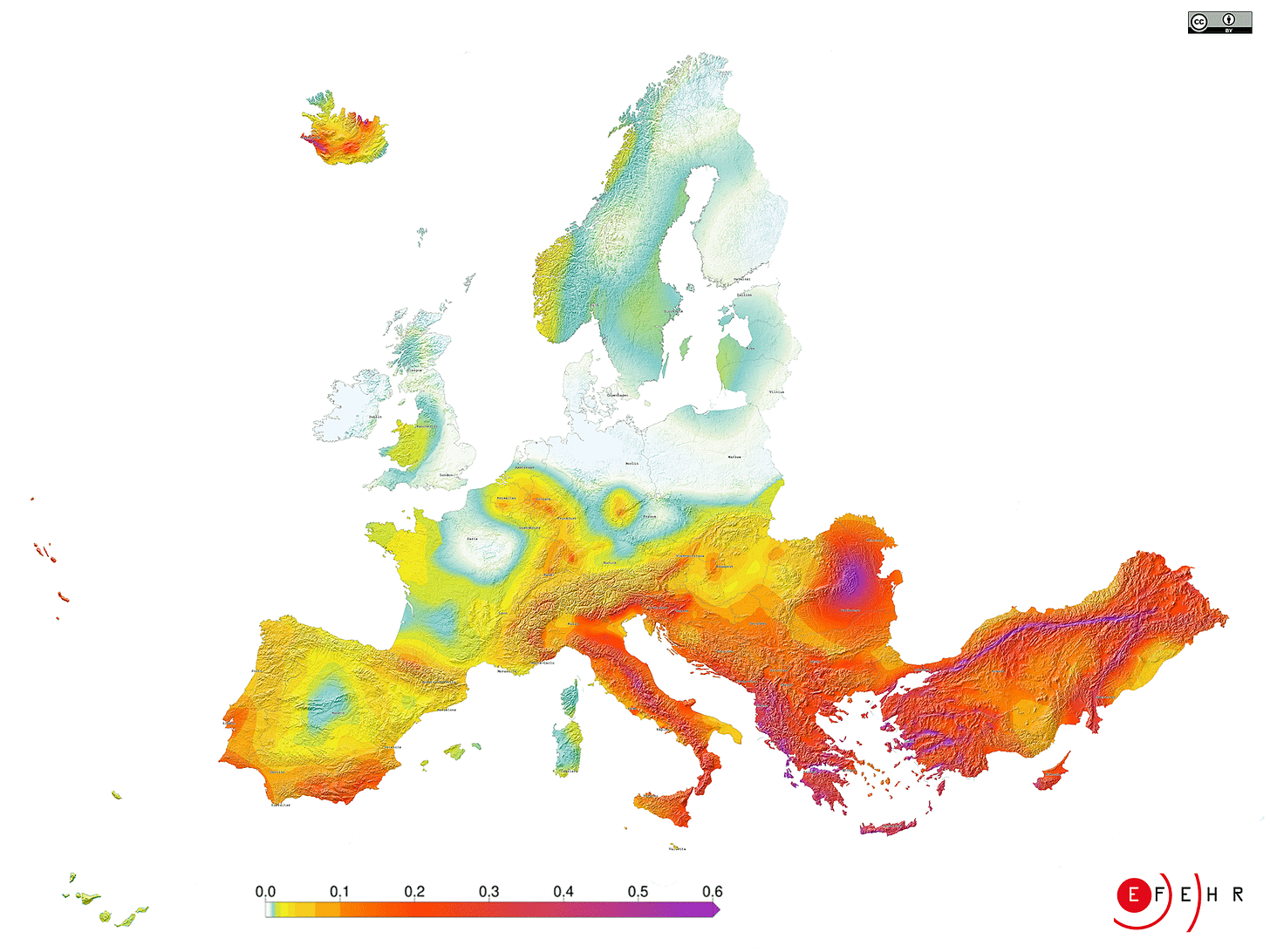
The President and the Government called Monday’s 5.3 quake a test; experts called it a warning. There’s an urgent need for greater investment in buildings’ resilience and scientific research: in fact, the epicentre of Monday’s earthquake is not even mapped as an active fault line. If you’re coming from earthquake-prone parts of the globe, this might all sound a bit panicky. However, it’s worth remembering that the 1755 earthquake, with an estimated magnitude of 8.5-9.0, devastated Lisbon and is today remembered as one of Europe’s greatest natural disasters.
Could there be another earthquake like the one in 1755?
Yes. The scientific community believes this is not a matter of “if”, but “when”. Unfortunately, science is still unable to predict the occurrence of this type of catastrophe in time and space, but there is no doubt that a major earthquake will happen in mainland Portugal.
Why is it so?
Portugal has a moderate to high earthquake risk largely due to its proximity to two active tectonic plate boundaries and the complex fault systems associated with these boundaries. First, Portugal is located on the Eurasian Plate, bordered to the south by the active Azores-Gilbraltar fault, corresponding to the boundary between the Eurasian and African Plates. The African Plate is moving northward, colliding with the Eurasian Plate, which creates significant geological stress. Additionally, the Azores archipelago, is situated at a triple junction where the Eurasian, North American, and African plates meet. This area experiences frequent seismic activity, including both earthquakes and volcanic eruptions.
How ready is Portugal?
Portugal has made significant strides in earthquake preparedness, adopting strict building codes designed to ensure that new constructions can withstand seismic activity. Legislation was first adopted in 1958, revised in 1983 and later in September 2019 with the adoption of the Eurocodes on the safety, serviceability and durability of structures. However, roughly two-thirds of the buildings in the Lisbon Metropolitan Area predate the 1983 code and there has been little investment in adapting and reinforcing the structural integrity of these buildings. On the contrary, many of these buildings have suffered illegal modifications that make them earthquake-vulnerable.
Does this mean post-1983 buildings are safe?
Nops. Construction sites are poorly supervised and this means that an excellent seismic safety project can be completely tampered with on site, due to a lack of scruples or knowledge. Moreover, as before, post-construction changes to buildings have not been monitored. To make matters worse, only 19% (one in five homes) of all residential properties have seismic risk coverage, according to the Portuguese Insurers Association (APS).
What about public infrastructure?
From a list of essential infrastructures, the greatest concern relates to those located in Lisbon. Scientists believe that both bridges above the Tagus River would be safe (the 25 April followed the Golden Gate Bridge’s design for a reason), but the same is not true of the city’s main hospitals, including Santa Maria and São José. In a recent interview, expert Mónica Amaral Ferreira from the University of Lisbon’s school of engineering and technology warned that most Portuguese fire stations may not be able open their doors after a powerful earthquake and that the new hospitals in Évora and Lisbon lack basic insulation, which reduces the likelihood of collapse.
TIPS OF THE WEEK
Lisbon
Júlio Resende: Fado Jazz – Filhos da Revolução
Musician, pianist and composer, Júlio Resende is one of the most international Portuguese musicians and he has already released eight albums in his own name. He is also the only artist with permission to use Amália Rodrigues’s voice in his shows. In this show, on September 13, he will celebrate 50 years of Freedom since the April 25 Revolution and of the relationship with Africa. He will also present his latest album, Fado Jazz Ensemble, this new album, released in 2023, develops and delves deeper into the dialectic between the two musical genres in its title, and it features Salvador Sobral in the track A Casa Dela. There will also be an impossible duet between the pianist and the Fado Diva in the track Medo. More information here.
Porto
Conversation with British-Ghanaian architect David Adjaye
To mark the end of the exhibition ‘Constructed Geographies’, Casa da Arquitectura has scheduled a day of intense free programming for Saturday, September 7, starting at 2.30pm, with a conversation with award-winning British-Ghanaian architect David Adjaye. In 2017, Adjaye was knighted by Queen Elizabeth II and was recognised as one of the 100 most influential people of the year by TIME magazine. Adjaye was also awarded the 2021 RIBA Royal Gold Medal, considered one of British architecture's highest honours for significant contributions to the field on an international level. In 2022, Adjaye was appointed to the Order of Merit, selected by Her Majesty the Queen, in recognition of distinguished service in his field. He also received the 27th Annual Crystal Award from the World Economic Forum, which recognises his ‘leadership in the service of communities, cities and the environment’. Admission to the talk is free, subject to space restrictions.
Vendas Novas
The Biggest “Bifana” Ever
Bourdain had it. Gordon Ramsay cooked it (well, sorta). Now, Vendas Novas wants to beat the world record for the biggest ever “bifana”: the simple portuguese sandwich made with pork loin marinated in white wine, garlic, and paprika. The aim is to make a 15-metre-long sandwich on 7 September, at 19h30, with 32 kg of pork and 50 kg of flour for the bread. The ‘World's Largest Sandwich’ will be served free of charge to everyone present. Before, at 5.30pm, the traditional ‘King and Queen of the Bifana’ competition will take place, during which the male and female participant who manages to eat the most bifanas in 10 minutes will be crowned. These initiatives are included in the local festivities, taking place on September 6-8. Entry is free.
Alter do Chão
Fogo da Terra
The Jardim do Álamo in Alter do Chão will be the setting for the debut of ‘Fogo da Terra’, a gastronomic event that promises to celebrate Alentejo cuisine in a unique way, on September 14 at 4pm. The first edition of the event will feature the participation of nine nationally renowned chefs, who will prepare dishes over fire, honouring the region's culinary traditions. With free entry, ‘Fogo da Terra’ offers an affordable experience for everyone, with dishes priced at €5 and glasses of wine at €3.5. This event will include not only a wide range of gastronomic options, but also live music and a children's area to entertain the little ones.
Portimão
La Spire - Chloé Moglia-Rhizome
Five women inhabit an immense spiral, a space of suspension and poetic suspense. Playing with emptiness, Chloé Moglia invites us to abstract ourselves from the hustle and bustle of the world. LA SPIRE is how the choreographer designates the monumental spiral conceived for this show, it was imagined as a drawing traced in space. This spiral offers a sense of enveloping emptiness, as much as it evidences the presence of the landscape in which it is inserted. Starting from one extreme or the other, the performers create the possible, approaching, crossing and moving towards each other, in a spectacular ascent. In this intertwining, they invent games and connections. Marielle Chatain, who signs the live music, makes this human constellation vibrate. On September 20-21 in Praça 1º de Maio. Entrance is free.


